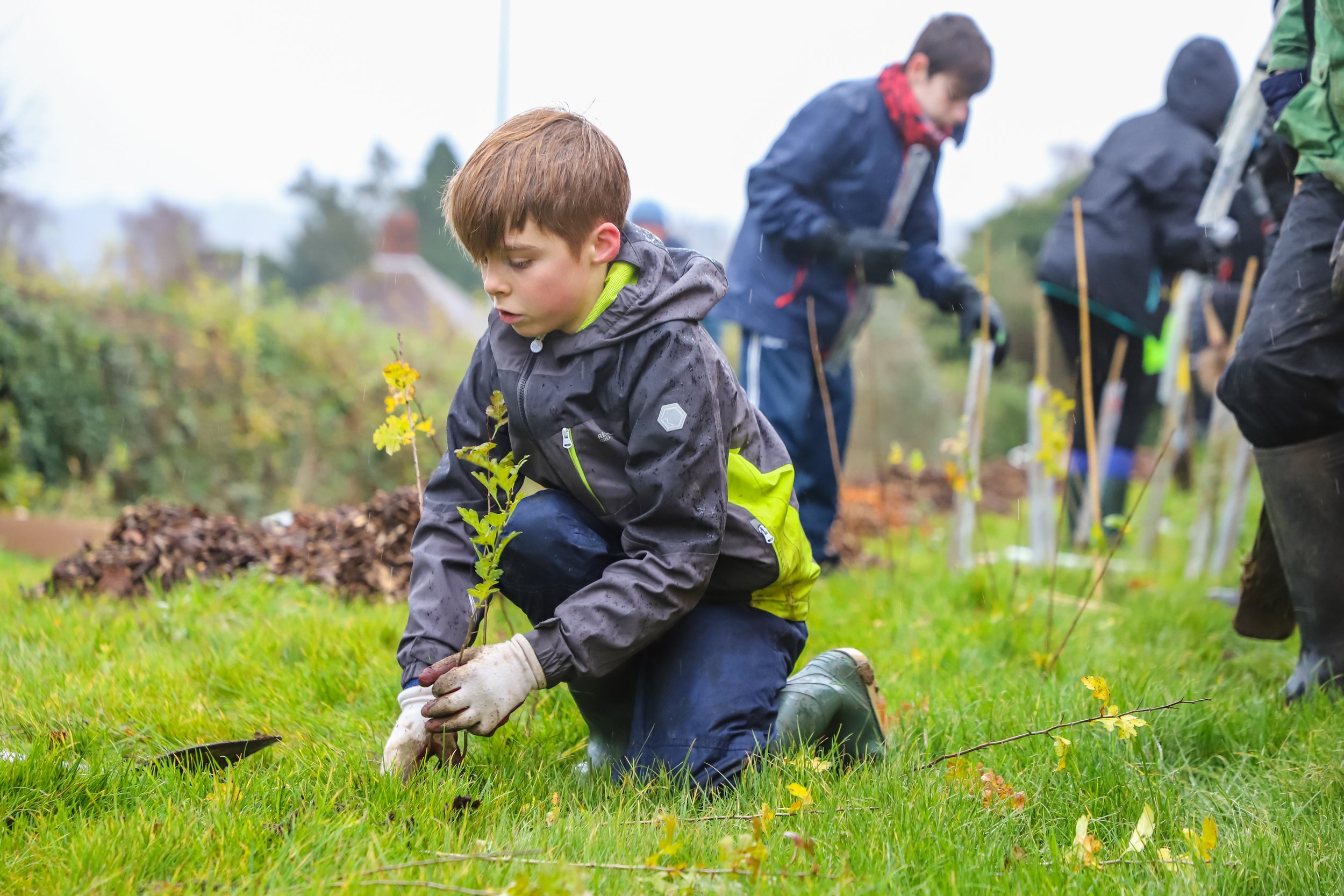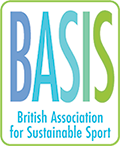
Sustainability statement
At Notts Sport we are committed to delivering the most sustainable solutions on each and every scheme.
We aim to continually research & develop ideas, designs, solutions and systems that adhere to the following broad targets and strategies:
Advocate, educate & develop sustainable solutions within our customers, partner and supply chain network
Reduce and limit the amount of microplastics used within synthetic turf solutions across sport, play and cricket
Use as little quarried aggregates as possible to reduce the impact on the natural environment and carbon footprint from transportation
Embrace new sustainable standards and recommendations as they are published
Take a leading part in the development of sustainability within the synthetic turf industry
Incorporate recycled and recyclable material in our products, designs and solutions at all times
Use durable solutions that carry long standing performance warranties and standards capable of lasting more than one life cycle
EXAMPLES OF SUSTAINABLE DESIGN SOLUTIONS
ShockWave
ChildsPlay EPP Impact Absorbing Tiles
Led by our Directors Duncan Bennett and Andrew Earnshaw and supported by key members of our team such as our Head of Technical Adam Walker, Notts Sport sit within and contribute to Technical Committees and Working Groups for the Synthetic Turf Industry in addressing and developing sustainable standards and solutions for sport, play and cricket.
We were the very first corporate members of the British Association for Sustainability in Sport (BASIS) and Duncan Bennett is the lead on the Synthetic Turf working group within BASIS. Duncan also sits on the SAPCA Environmental Sustainability Focus Group & takes a leading part in the Betterment Through Design sub-committee linking that work back into the complementary work within BASIS.
Adam and Duncan also sit on various Technical Groups including the British Standards Committee – PRI57 - (feeding into the CEN Working Group) where standards and methodologies for the synthetic turf industry are monitored, developed and approved as British Standards or CEN standards across Europe.
Andy, Adam and Duncan also contribute to Technical Committees and Groups in America (American Society for Testing and Materials) and Europe (European Synthetic Turf Council) ensuring that best practice from around the World can be adopted by Notts Sport within our systems, solutions and practical methodologies.
Working in partnership with leading test houses and influencers, along with companies innovating in the synthetic turf & wider industries, we want to ensure that Notts Sport are, at all times, seen to be an early adopter of innovation, betterment and technologies that will provide each and every customer with the most sustainable solutions for their specific project and their specific requirements.
Notts Sport Pledges to Contribute to Global Reforestation Efforts
We are proud to be working with Tree-Nation, a global platform dedicated to reforestation. Through this association, we will be planting trees to help reduce our carbon footprint.
As part of this commitment, we have pledged to plant one tree per 100 sqm of carpet provided in that month, starting in Madagascar to create 'The Forest of Notts Sport'.
"We believe in taking meaningful steps to protect our planet," said Duncan Bennett, "By planting trees, we are not only offsetting our carbon emissions but also contributing to the restoration of important ecosystems."
Tree-Nation's platform facilitates the planting of trees across continents, from Africa to South America. Each tree planted through the platform is verified, and the company provides regular updates on the progress of each reforestation project.
As a company committed to reducing its environmental impact, we are continuously exploring new ways to integrate sustainability. This exciting initiative underscores our dedication to achieving our climate goals and supporting efforts to create a greener, more sustainable future for all.
To date we are proud to have donated 1,407 trees to projects around the world, this number of trees absorb approximately 94.45 tonnes of CO2 during their lifetime.
Notts Sport Introduces the UK's First PureGrain Installation at Preston School, Yeovil
the UK's First PureGrain Installation at Preston School, Yeovil
We are proud to announce our groundbreaking achievement; the first-ever PureGrain installation in the United Kingdom. This cutting-edge project, including the pioneering base construction ShockWave technology, has been successfully completed at Preston School, Yeovil, setting a new benchmark for sports surfaces in the UK.
PureGrain constitutes an entirely plant-based infill meticulously crafted from corn. Sourced from the non-edible portion of the corn cob and a by-product of corn seeds, this renewable resource is cultivated in France using entirely non-GMO methods. The outcome is an environmentally conscious, dust-free, and biodegradable filling, promoting sustainability in sports surfaces. You can read more about the project here.
cASE sTUDY: Robert Smyth Academy
Students at Robert Smyth Academy in Market Harborough have planted over 1600 trees in the school grounds.
They teamed up with community groups, including Harborough Woodland, for the mammoth planting session.
The project came about after the school pledged to plant trees around a new sports pitch that was installed earlier this year, to help screen it and reduce noise for neighbours.
The project is also part of a plan to expand initiatives around the school to promote outdoor learning and contribute towards a greener school.











